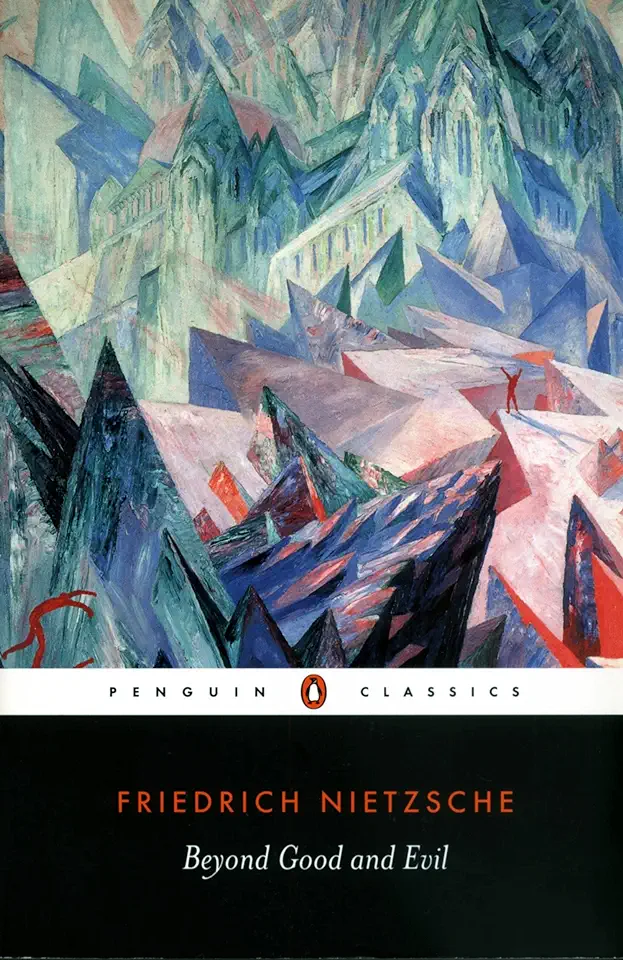
Beyond Good and Evil - Friedrich Nietzsche
Beyond Good and Evil: A Journey into the Depths of Human Morality
Friedrich Nietzsche's seminal work, "Beyond Good and Evil," embarks on a profound exploration of the foundations of morality, challenging conventional notions of right and wrong. With his characteristic brilliance and provocative style, Nietzsche delves into the complexities of human psychology, power dynamics, and the pursuit of truth. This book is an intellectual odyssey that will leave you questioning your most fundamental beliefs and yearning for a deeper understanding of the human condition.
Unmasking the Masters and Slaves
Nietzsche begins by dissecting the master-slave morality that has shaped Western thought. He argues that morality is not an objective truth but rather a product of power relations. The masters, those who possess strength and dominance, create moral codes that serve their interests and maintain their power over the slaves. This master morality glorifies virtues such as strength, courage, and pride, while condemning weakness, humility, and compassion.
The Genealogy of Morals
Nietzsche traces the genealogy of morals, uncovering their origins in human instincts and emotions. He argues that the concept of good is rooted in the desire for pleasure and the avoidance of pain, while evil is associated with suffering and harm. Morality, therefore, is not a divine revelation or a universal truth, but rather a human construct that has evolved over time.
The Will to Power
Central to Nietzsche's philosophy is the concept of the will to power. He posits that the driving force behind all human actions is the desire for power, not in the sense of political or material power, but rather the power to create, to overcome, and to transcend. This will to power is not inherently good or evil, but rather a neutral force that can be channeled in either direction.
The Übermensch and the Revaluation of Values
Nietzsche's vision of the Übermensch, or the超人, represents the ultimate expression of the will to power. The Übermensch is not a superior being in the traditional sense, but rather an individual who has transcended conventional morality and created their own values. This Übermensch embodies the affirmation of life, the pursuit of excellence, and the rejection of herd mentality.
Eternal Recurrence and the Affirmation of Life
Nietzsche's philosophy culminates in the concept of eternal recurrence, the idea that the universe and all events within it will repeat themselves endlessly. This concept challenges us to confront the meaning of our existence and to embrace life in all its joy and suffering. Nietzsche argues that only by affirming life, even in the face of its eternal recurrence, can we truly achieve greatness and become Übermenschen.
Why You Should Read "Beyond Good and Evil"
"Beyond Good and Evil" is a masterpiece of philosophical thought that will challenge your assumptions, expand your horizons, and leave you with a profound sense of wonder. Nietzsche's provocative ideas and fearless exploration of human nature make this book a must-read for anyone seeking a deeper understanding of morality, power, and the human condition. Prepare to embark on an intellectual journey that will forever change the way you think about the world.
Enjoyed the summary? Discover all the details and take your reading to the next level — [click here to view the book on Amazon!]